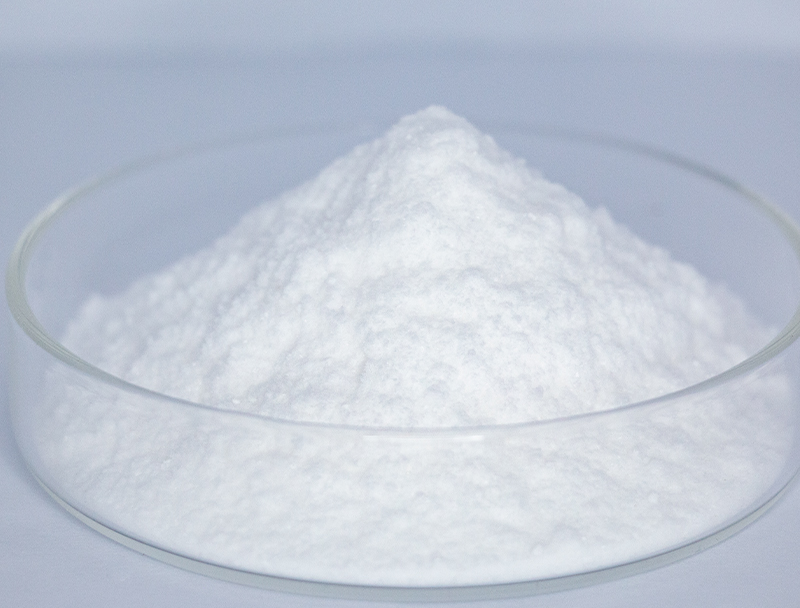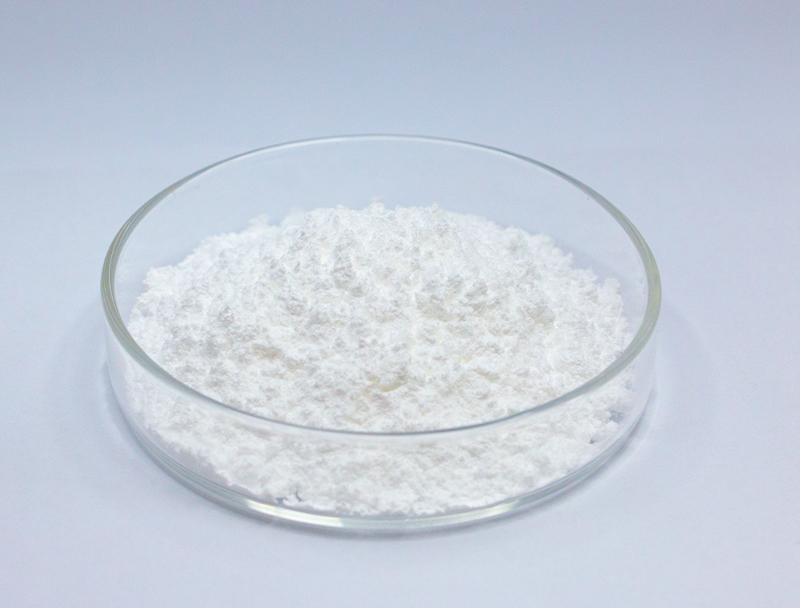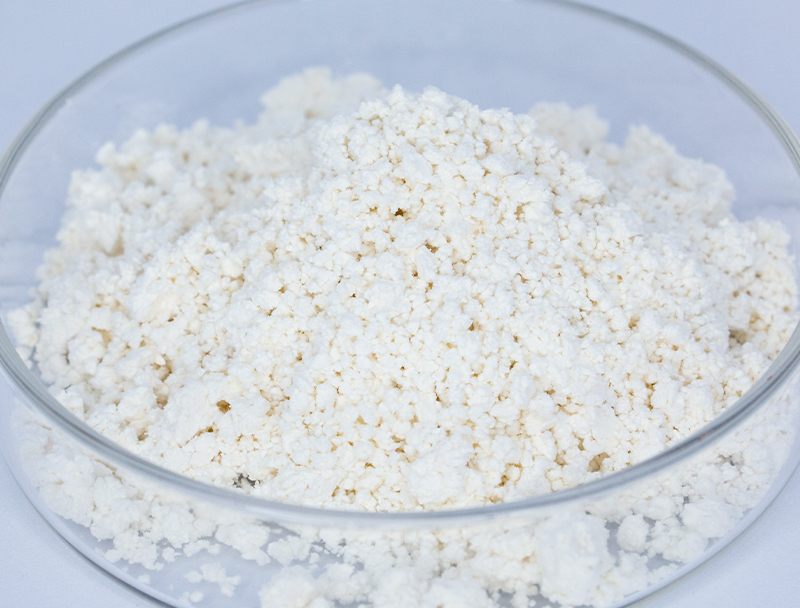
Modern biofabrication is grounded in a broad palette of input materials for generating cutting-edge biobased goods.
Safeguarding durable supply chain sourcing underpins enduring viability and ethical market growth.
various risks tied to conventional feedstock acquisition including biodiversity loss and excessive resource use. Consequently, biotech firms need proactively to adopt sustainable procurement approaches to reduce environmental impact.
- Illustrations of eco-conscious sourcing involve:
- Using repurposed agricultural residues as substrates
- Adopting looped production models to decrease loss and amplify reuse
- Building relationships with nearby vendors dedicated to moral sourcing
The transition to greener sourcing offers both planet-friendly outcomes and business advantages.
Advancing Biomass Preparation for Elevated Biofuel Production
Advancing fuel production depends on feedstock consistency and composition. Experts maintain efforts to discover ways to maximize feedstock value, leading to higher yields of biofuels and a more sustainable energy future. Approaches include genomic enhancements to boost biomass growth and processing methods to convert complex lignocellulose into fermentable sugars.
- Concurrently, efforts examine seaweed, industrial byproducts, and crop residues to increase the variety of renewable feedstock alternatives for fuel production.
- Thanks to continuous exploration the sector is prepared to realize considerable strides toward an eco-friendlier energy mix.

Biopharmaceutical Manufacturing: Advancements in Upstream Processing
embraces initial workflow stages from growth to harvesting Recent progress has advanced techniques that maximize productivity and increase output.
Salient improvements involve specialized expression hosts, fine-tuned media strategies, and next-gen bioreactor concepts. These refinements escalate production and lower expenses and environmental strain.
- In addition, momentum toward nonstop processing offers improved flexibility and optimized operational flow.
- This shift towards more sophisticated biopharmaceutical manufacturing methods promises to revolutionize the industry and pave the way for faster development of novel therapeutics.

Gene Editing Breakthroughs That Elevate Biopharma Output
advances in genomic editing tools including CRISPR have transformed therapeutic manufacturing. By precisely targeting genes within host organisms, researchers can enhance the yield of valuable therapeutic proteins. This approach holds immense potential for developing more efficient and affordable biopharmaceuticals to address a wide range of diseases.
Microbial Solutions for Greener Bioremediation Practices
innovative solutions for sustainable bioremediation, a critical process for addressing environmental pollution. Certain microbes have capacities to biotransform contaminants into nonharmful forms.. Applying microbial remediation systems creates low-impact cleanup options that address contamination efficiently.. Research teams analyze microbial diversity to find candidates that metabolize heavy metals, break down pesticides, and treat oil-contaminated matrices.. Microbial strains work in bioreactor settings or on-site applications to convert pollutants through biological pathways..
Microbe-based remediation provides compelling advantages over standard remediation methods. Such strategies are budget-friendly and lessen the creation of harmful byproducts. Additionally, microbial tactics can target contaminants selectively while preserving surrounding ecological systems. Research efforts persist to upgrade the potency and implementation of microbial remediation strategies.
Digital Methods Accelerating Pharmaceutical Discovery
Computational biology approaches are becoming vital across contemporary drug R&D. From target selection to safety profiling, bioinformatics empowers rapid, data-informed therapeutic design.
- By parsing huge omics and clinical databases, bioinformaticians detect targets and estimate therapeutic responses.
- Concurrently, virtual screening and simulation shape the development of more effective therapeutics.
- Finally, bioinformatics is revolutionizing the drug discovery and development process, accelerating the time to bring safe and effective treatments to patients in need.
Optimizing Metabolism to Increase Bioproduct Production
employs a variety of strategies to augment the synthesis of valuable bioproducts within microorganisms. Methods might combine targeted gene changes to rechannel flux, regulatory element design to control expression, and exogenous gene introduction to provide fresh capabilities.. By calibrating pathway dynamics and expression levels teams can greatly amplify bioproduct yields.
This multifaceted approach has the potential to revolutionize a broad range of industries, including biopharmaceuticals, agriculture, and bioenergy.

Upscaling Biopharma: Obstacles and Potential Gains
Scaling up biopharmaceutical production presents both significant challenges and exciting opportunities. Retaining quality standards during scale enlargement is a core difficulty. Solving it involves resilient control frameworks, high-resolution monitoring, and modern analytical tools.

Process intricacy spanning various stages creates significant scale-up complexities.. Refining processes for commercial volumes demands deep R&D investment and novel engineering solutions.. However, the potential rewards are substantial. Effective scale-up may expand patient access to therapies, cut unit costs, and improve margins.
A range of strategies is being implemented to address scaling problems. They encompass new process-improvement tools, in-line analytics for continuous oversight, and creative manufacturing approaches.
- Ongoing innovation drives improvements in industrial production capability.
- Regulatory frameworks are being optimized to accommodate novel production technologies and promote innovation.
Charting Regulatory Pathways for Biologics to Safeguard Patients
Manufacturing 4-Aminobutyric acid biopharmaceuticals entails detailed regulatory processes to copyright safety and clinical performance. Biologics sourced from living systems pose distinct regulatory and manufacturing complexities versus small-molecule drugs.
Regulators such as the FDA and EMA define authorization pathways and quality standards for new biologic medicines..
Robust assay and safety testing are obligatory from discovery through post-marketing surveillance.. The protocols serve to uncover safety concerns and certify that products fulfill rigorous protection standards..
Similarly, regulators iteratively adjust approaches to accommodate emerging biopharmaceutical breakthroughs.. Actions include accepting new technologies and streamlining development channels while safeguarding patient health.

Assessing Plant Biomass Pathways for Bioplastic Innovation
The rising demand for eco-friendly materials fuels R&D on bio-based alternatives. Plant-derived biomass as input for bioplastics represents a practical route toward greener materials. Biomass sources such as cornstarch, cellulose, and sugarcane are usable to produce plastics that biodegrade and reduce ecological impact.
In addition, certain bioplastics match performance of petroplastics, enabling broad applicability in multiple sectors.. Further innovation is required to mature plant-based bioplastics for broad adoption and circular economic models.
Biotech's Role in Improving Global Health and Agricultural Resilience
Biotech provides transformative capabilities that can change healthcare outcomes and strengthen food systems. Via genetic modification, synthetic design, and therapeutic cell technologies, researchers build solutions to control infections, increase crop productivity, and enrich food quality.. Consider genetically enhanced crops that resist pests and environmental stresses to improve production and reduce pesticide reliance.. Furthermore, biotechnology supports creation of vaccines, therapeutic agents, and advanced diagnostics that strengthen responses to infectious threats and enhance health outcomes.. Continued scientific progress suggests biotechnology will increasingly underpin healthier, more sustainable societies worldwide.
